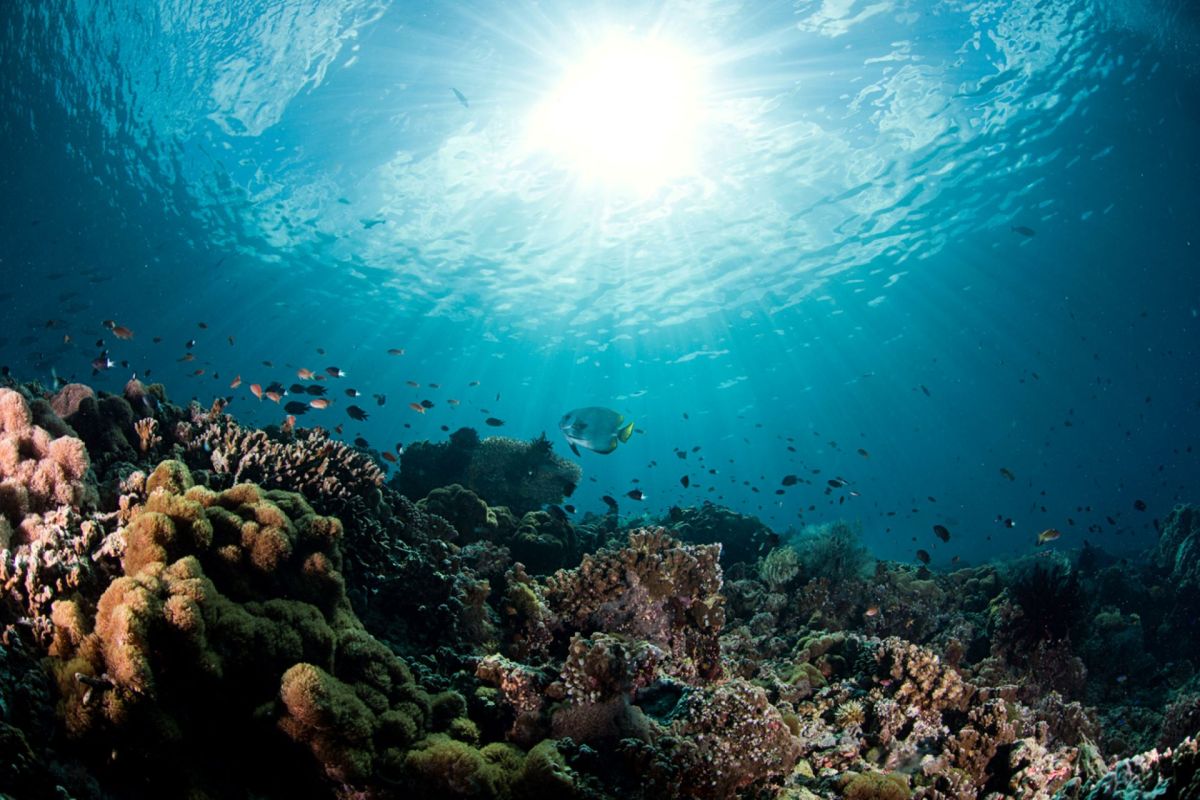A revolutionary new method is providing hope in the quest to not only protect biodiversity but also perhaps reverse its decline after the critically endangered angel shark was discovered in an unexpected area.
As the Washington Post's Dino Grandoni detailed, in 2015, scientists believed the sea creature was only living near the Canary Islands, yet eDNA showed it was actually thriving off the coast of Corsica, an island in the Mediterranean Sea.
"They are always surprised that from a sample of water, you can detect the species. But this is DNA. DNA is there. So it's not magic," said Stéphanie Manel, a professor at the École Pratique des Hautes Études.
To collect the eDNA, researchers used an electric pump to siphon water and tested it for DNA-containing microscopic particles.
Copies of the genetic material were then made by creating a polymerase chain reaction (PCR) and comparing the multiplied DNA to previously stored information in a database — similar to how PCR tests were able to detect the presence of COVID-19.
Scientists reportedly believe the technology will also help them more effectively identify and mitigate the threat of harmful invasive species.
"What eDNA can deliver for conservation is massive. It is revolutionizing a lot of the work that we do," Colin Simpfendorfer, a shark scientist at Australia's James Cook University, told the Post.
According to a report published by the United Nations, more than 90% of "habitable space on the planet" is in our oceans, which house a quarter-million "known" species. Another two-thirds of marine life is "still unidentified."
Human activities have affected the natural balance of the underwater environment, though.
Acidification, for example, happens when the oceans soak up increased levels of carbon pollution — created by the burning of dirty energy — and those changes in water chemistry have stressed or killed corals. In turn, species that depend on those structures to survive are disrupted.
Single-use plastic products have added to the problem, and overfishing — which contributed to the decline of the angel shark — can impact the ecosystem's ability to bounce back.
Manel told the Post she hopes to build "a map of the biodiversity in the Mediterranean," and she and her work partner, David Mouillot, would like to eventually reintroduce the angel shark to the French mainland coast.
"It would be the greatest challenge of the end of my career because it means that we can reverse the decline of biodiversity," said Mouillot, a professor at the University of Montpellier.
"This article, and others like it, give me hope that maybe we can overcome the mess we have made," one commenter shared in response to the report.
Join our free newsletter for weekly updates on the coolest innovations improving our lives and saving our planet.









